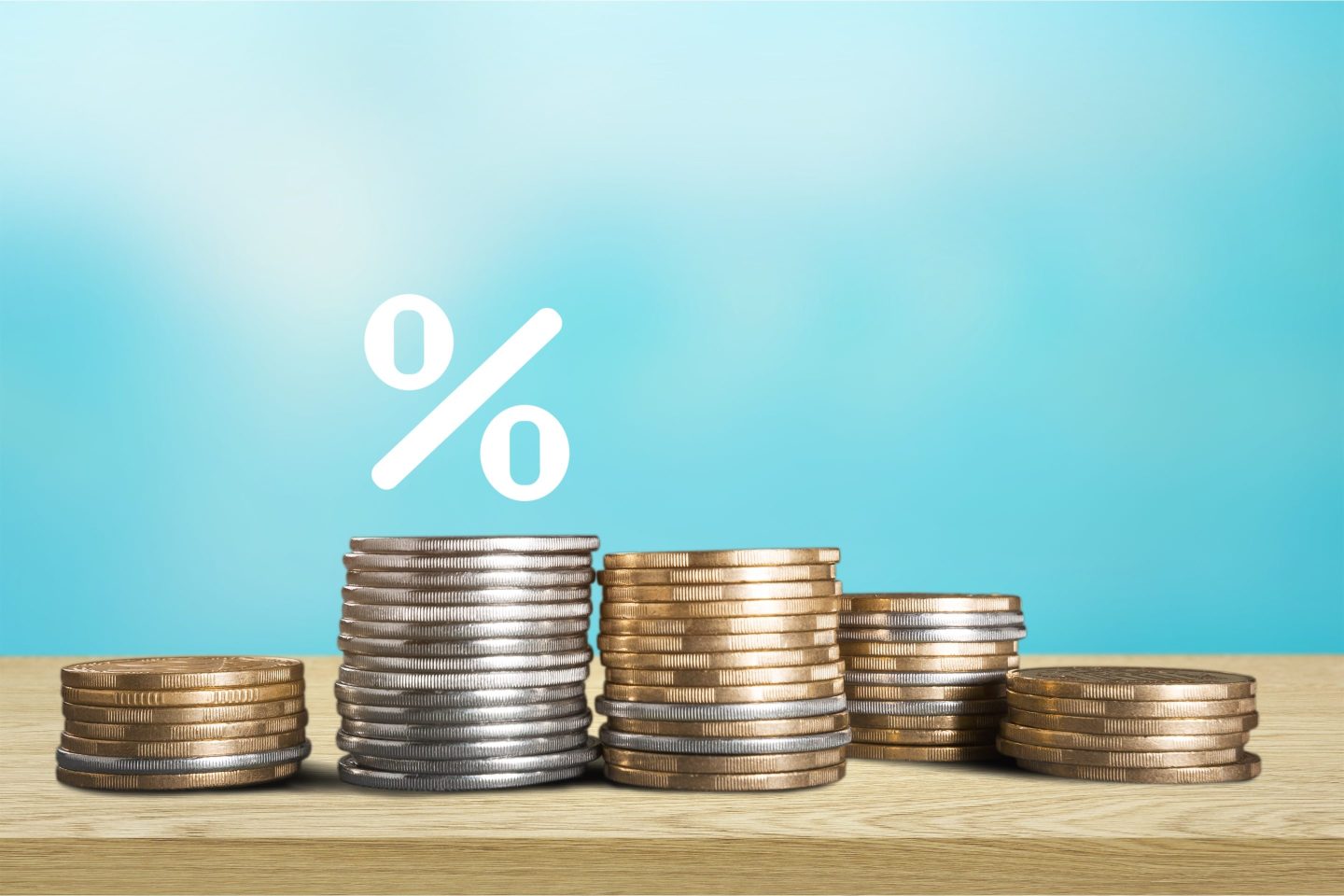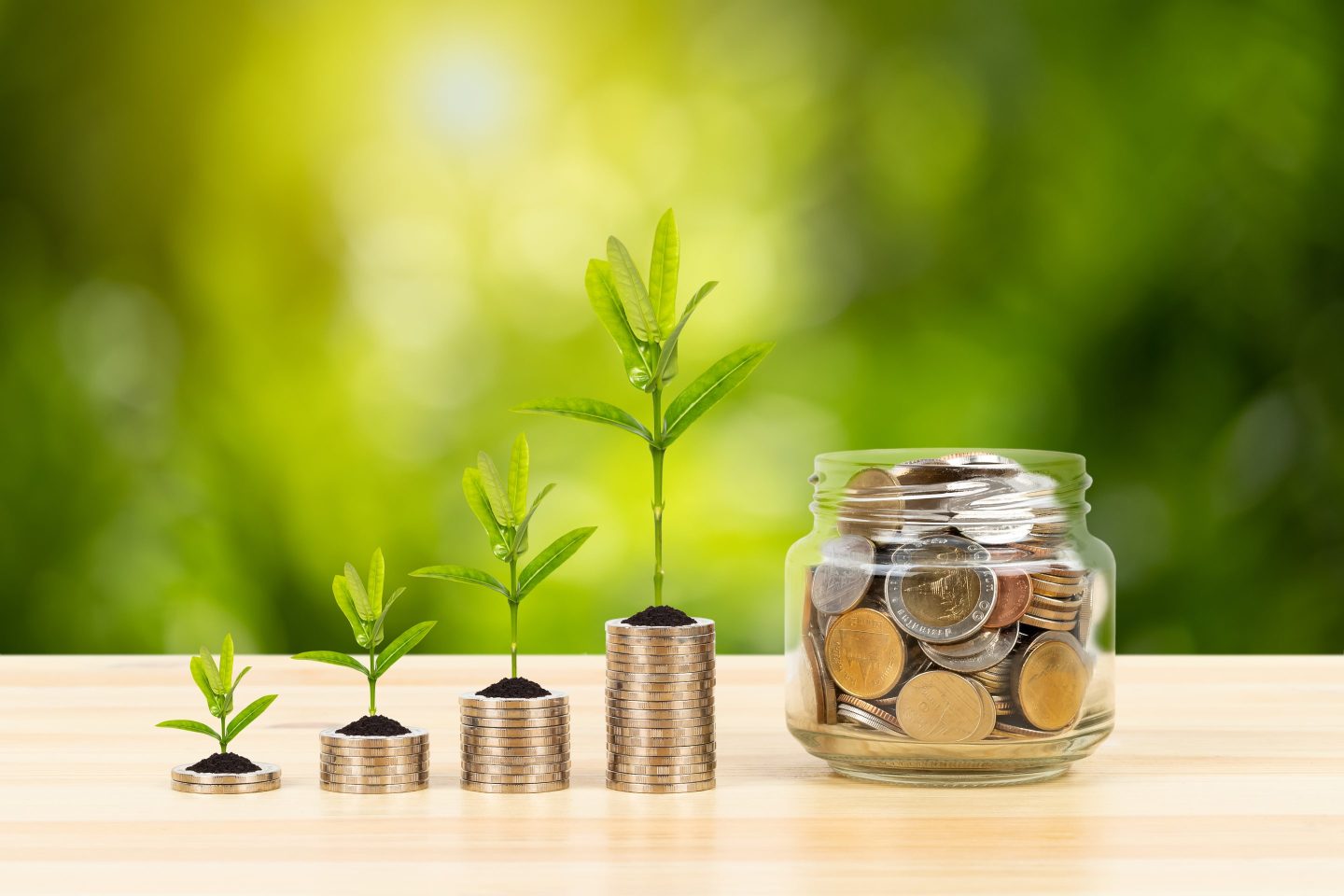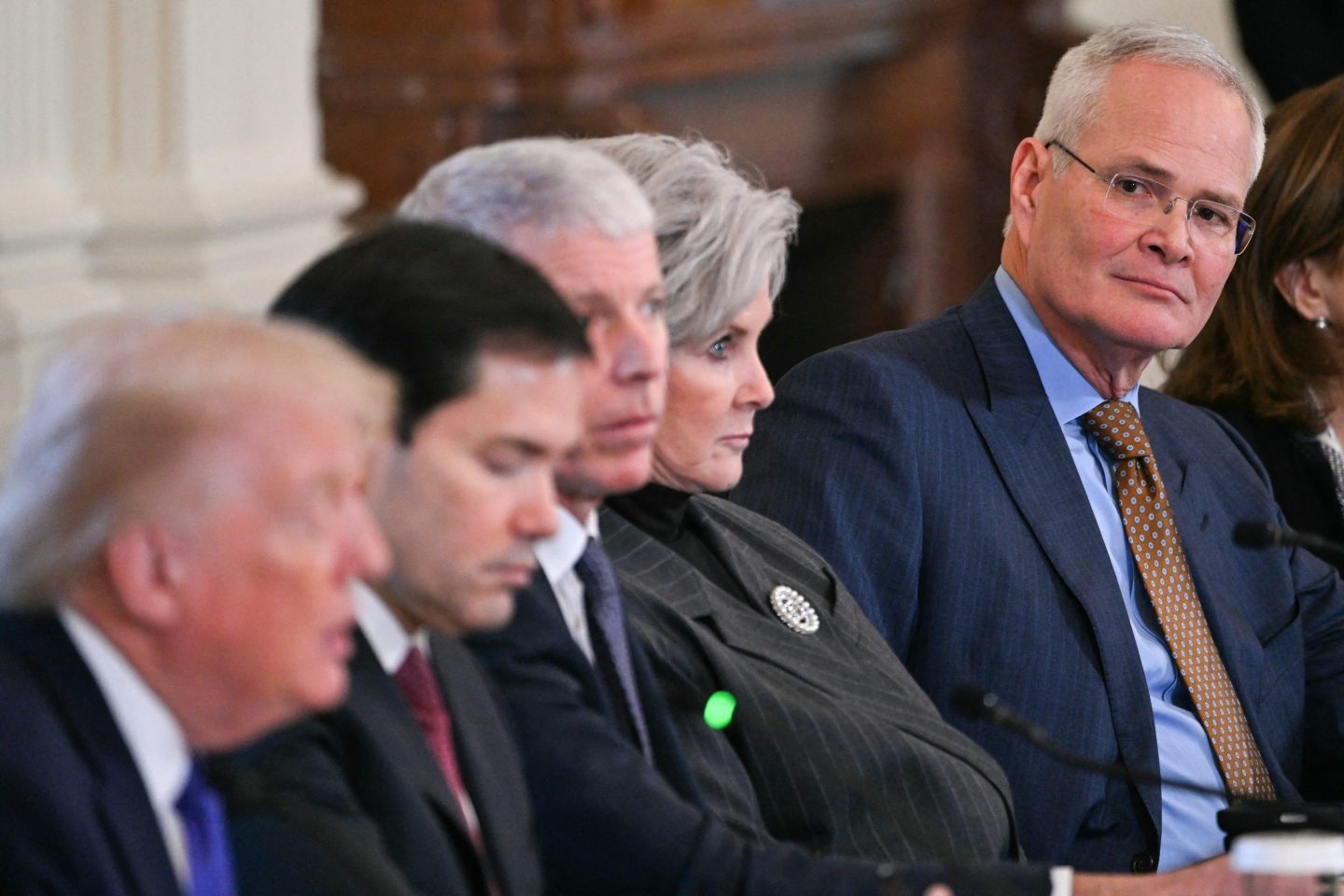- America slipped into a “vibecession” under the previous administration because there was a disconnect between how people felt about the economy and the actual state of the economy. It’s come back to haunt us—or it never truly went away.
President Donald Trump’s victory partially had to do with how people felt about the economy. The previous administration could not convince voters the economy was fine because it didn’t feel fine. America was caught in a “vibecession,” one that has come back to haunt us.
“If you believe the latest survey data … you would think the economy is on the cusp of a recession,” LPL Financial Chief Economist Jeffrey Roach wrote Wednesday.
Survey data from the University of Michigan revealed consumer sentiment plummeted 11% in March because some Americans of all ages, wealth, and political affiliations became more anxious about the economy. They feared what would become of their personal finances, inflation, business conditions, and the stock market. But economic conditions were little changed, director of the surveys of consumers at the University of Michigan, Joanne Hsu, said in the release. What has changed is the uncertainty surrounding policy. It was the third straight month consumer confidence slipped. Sentiment has plunged 22% since December 2024, the month after Trump was elected. The latest survey released by The Conference Board showed consumer confidence fell for the fourth straight month and a 12-year low.
“The decline in confidence for both consumers and businesses is significant and not to be ignored,” Roach said. “A change in feelings about the economic backdrop is often a harbinger of things to come and precedes a downshift in consumer spending and business investment.”
Roach wrote this under a section titled: “vibecession.” Two days earlier, he wrote, “apparently, the vibecession continues,” referencing dragging consumer expectations since mid-2021.
One thing spooking people is tariff whiplash. It sent the S&P 500 into correction territory earlier this month; but it has since rebounded some. The central bank is in wait-and-see mode because it says it suspects tariffs may cause a one-time shock to inflation or stall progress on taming prices. Some economists are sounding the recession alarm. But there is no recession, yet, Roach said. There is weakness appearing in the soft data, such as surveys, but inflation cooled in February. Consumer prices rose only 2.8% from a year earlier. The fear is, however, inflation could heat up again as tariffs and trade wars play out.
Federal Reserve Chair Jerome Powell touched on it all in the latest Fed meeting where he left interest rates untouched between 4.25% and 4.5%. He mentioned uncertainty was unusually elevated, tariff-induced inflation could be transitory, and the hard data is solid. But the soft data tells a different story.
Powell said the economy appears to be healthy despite tumbling sentiment, which he said probably has to do with “turmoil at the beginning of an administration.” Still, he said he believes the underlying unhappiness Americans have about the economy is because of prices. While prices are no longer escalating so rapidly, there isn’t a way to reverse the pain caused after they hit a four-decade high almost three years ago.
It isn’t only grocery prices—although that is very much a sore spot for Americans. It’s housing costs, too, that are stoking a vibecession, whether it be under Trump or his predecessor. Since February 2020, home prices have increased 45% and rents 33%, according to Zillow. Plus, mortgage rates are nowhere near their pandemic rock-bottom of sub-3%. A Moody’s economist recently said its housing affordability index that measures the degree a typical middle-income family can afford a mortgage payment on a median-priced home is at its lowest level since the 1980s. That happens to be one reason why home sales are at recessionary levels. And tariffs might only make matters worse in the housing world.
It might be hard for Americans to feel encouraged about an economy where some can’t afford a home and others are struggling to buy groceries.
So far, the most concerning part about the data is “the cutbacks in real consumer spending in January and soft spending in February,” Roach said. When people stop spending and businesses stop investing, it can trigger an economic slowdown.
Roach said a recession comes around every five to six years and only lasts around 10 months, on average, since World War II. But the U.S. Economy is resilient even during such times.
A recession begins with some shock to the economy, such as a banking failure or a global pandemic, Roach said. He doesn’t see such shock on the horizon.
“The economy is probably not in recession at this point, but the uncertainty about Fed policy, interest rates, inflation, and trade wars put a damper on how consumers and businesses feel about current conditions,” he said.












